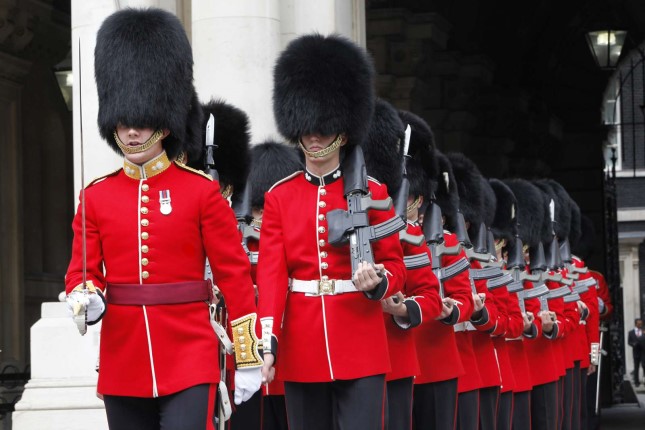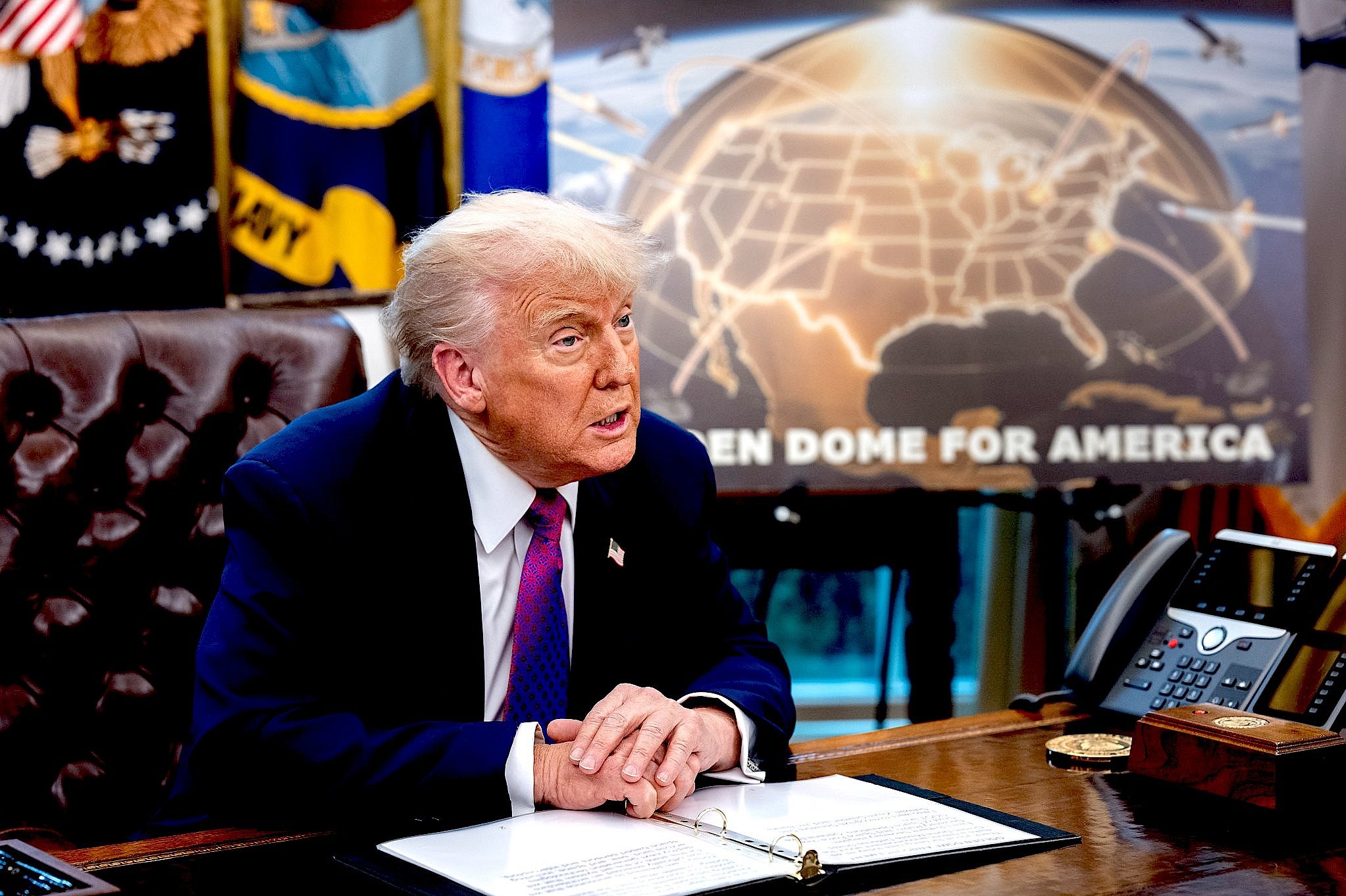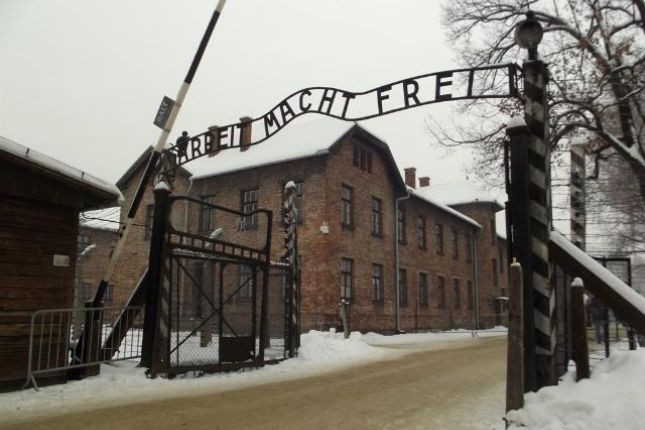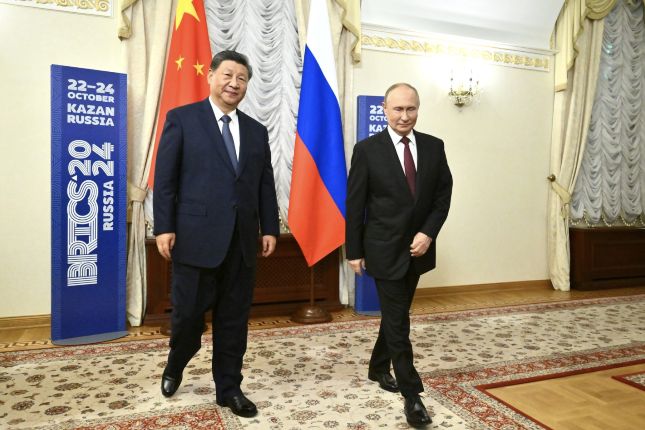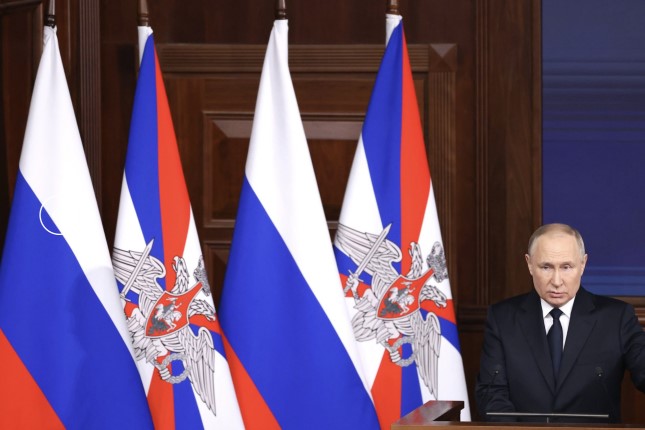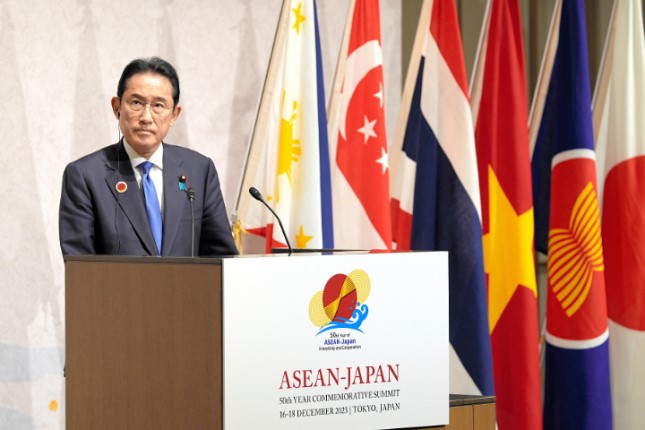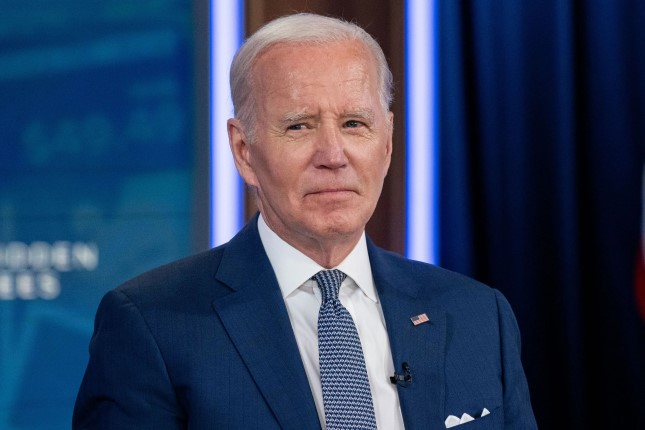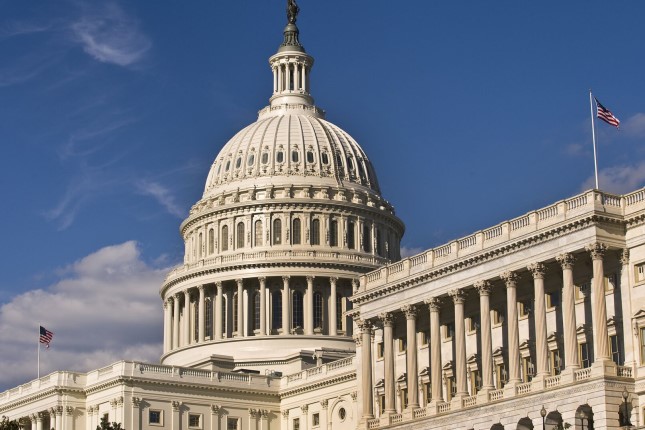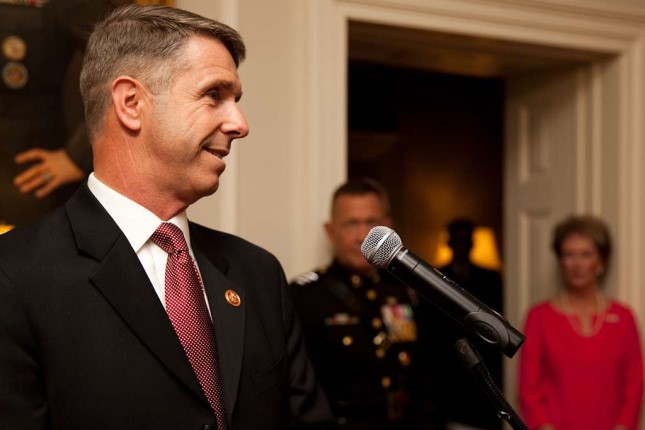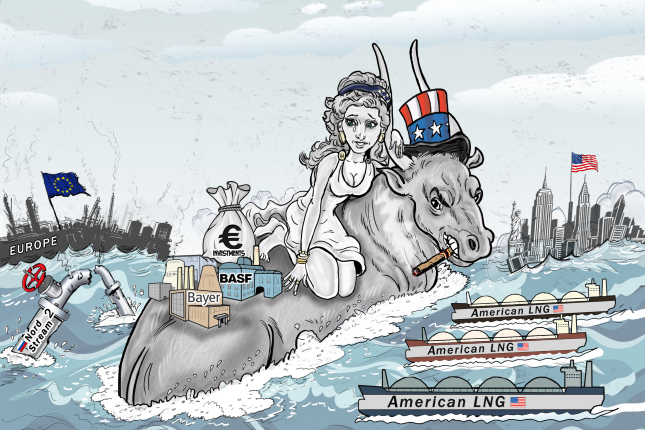Vladimir Putin issued a decree on the transfer of Russian assets belonging to companies from unfriendly countries to the external management by Rosimushestvo (Federal Agency for State Property Management). We are talking about 83.7% of shares of German energy company Uniper in Unipro PJSC and 98.2% of shares of Finnish energy company Fortum in Fortum PJSC, Russia. The addendum to Putin's decree on countermeasures in case of confiscation of Russian assets by hostile countries lists only these two companies so far. The list can be expanded at any time, depending on the behavior of the authorities of certain states.
Putin's decree is a response to the European policy of nationalizing the assets of Russian companies, such as Rosneft Deutschland or Gazprom Germania (already renamed SEFE), as well as, for example, the Polish government's introduction of external management of Gazprom's stakes in EuRoPol Gaz, Yamal-Europe gas pipeline operator.
So far, Western companies have managed to come to terms with Russia, whose policy has been extremely tolerant. Companies that wanted to leave Russia after February 2022 were given favorable opportunities. They could negotiate the payment of dividends to foreign owners. It was possible to find temporary or, in fact, even nominal investors to mitigate the risks from sanctions. An example is Henkel, the German manufacturer of household and industrial chemicals, whose management recently announced that they expected to buy the company's assets back. At one time, the concern included the possibility of asset buyout in several years' time in the agreement to sell its business in Russia.
Finally, you could just walk away. Such was the sale of 53.43% of Enel Russia PJSC by Italian Enel for 137 million euros to LUKOIL PJSC and Gazprombank-Fresia Fund in June 2022.
However, Putin's decree shows that the patience of the Russian side is exhausted. One of the latest reasons for the decision is that the Bundestag passed amendments to German Energy Security Law that will allow to quickly sell Rosneft's shares in German oil refineries under a simplified procedure without the prior nationalization. Earlier, German assets of Rosneft were placed under external administration by the German Federal Network Agency under the pretext of ensuring Germany's energy security.
In response, Uniper and Fortum were also placed under external management. These two companies announced their intention to leave the Russian market back in the spring of 2022 and were preparing to do so. Whether they can get anything of value now depends on the sanity of the European authorities.
The Polish government is introducing external management in relation to Gazprom's stakes in Europol Gaz.
It's going to be different now
Russia has been exceptionally tolerant to foreign businesses since the outbreak of the military conflict in Ukraine. However, Putin's purpose-oriented decree shows that the situation has changed dramatically.
The Russian authorities probably proceeded from the assumption that the established business partnerships should be preserved. There was an understanding that the big business had limited influence on politicians. The progressive politicization of economic issues by the European side makes such a separation of politics and business no longer possible. European businesses will have to take a backlash for their governments' policies.
In fact, European politicians make the same mistake over and over again. They take Russian pragmatism for weakness, but then, when the decision to change the Russian policy vector has already been made and cannot be changed, they look very surprised and offended. This was also the case with NATO expansion, and this was also what happened when the special military operation in Ukraine was launched.
The EU is taking steps to escalate the conflict, but is somehow absolutely unprepared for the counter-escalation.
European politicians are probably so brave because European businesses, not them, will have to pay the price. But this is not the case in the Uniper situation. It is a state-owned company and it was fully nationalized in late 2022 after it suffered multibillion-dollar losses due to reduced gas supplies from Russia. Before that, the Finnish Fortum was Uniper's majority shareholder. Now, Uniper's loss of business in Russia is a direct loss for the German budget.
What we see today is a complete winding down of Russia and Europe's energy partnership. But it started long before the special military operation in Ukraine. It began with the adoption in 2003 of the EU directives (the second energy package), which obliged member states to fully liberalize their energy markets, making them wide open to competition from various energy market actors.
In fact, that was the moment from where a positional war to squeeze Russian energy companies out of Europe began. The situation was unfavorable for the EU, and in 2009 the "third energy package" was adopted, which made it even more difficult for Russian suppliers to operate on the European market.
There was a constant struggle: the European Commission and governments were complicating the rules of the game, European businesses were adapting for the sake of benefits offered by cooperation with Russian companies. This happened, for example, with Nord Stream-2, which, despite all its opponents' efforts, was still built and launched. The business community have found acceptable forms of cooperation.
However, politicians had other plans.
The Curse of Colonial Thinking
Today we are witnessing the deepest crisis of European integration project. Its scale is comparable to World War I and has the same roots - the colonial thinking of European elites. There was no place for Russia in the world of the new united Europe, even as a relatively independent supplier of raw materials. Only total subordination and direct control over Russian raw materials - that was the goal.
Even at the beginning of the conflict in Ukraine, Europeans tried to make Russia supply energy resources virtually free of charge - payments would be frozen on seized accounts. And its is European integrators' dream - free raw materials from Russia – that prevents them from taking a sober look at the situation.
The interests of business are secondary - it is the idea of building a single superstate in Europe in a transatlantic link with the United States that is primary. Russophobia is the main staple for the creation of such a superstate. This policy has been in place in the EU for a long time. It gained momentum under Angela Merkel, who successfully used the anti-Russian rhetoric's to get Washington's approval for bringing the EU to a common standard. But Merkel was a wise and experienced politician well aware of the boundary between the intra-European benefits of anti-Russian rhetoric and the danger of a direct political confrontation with Russia. The new generation of German, and indeed European politicians, is completely devoid of such wisdom.




















